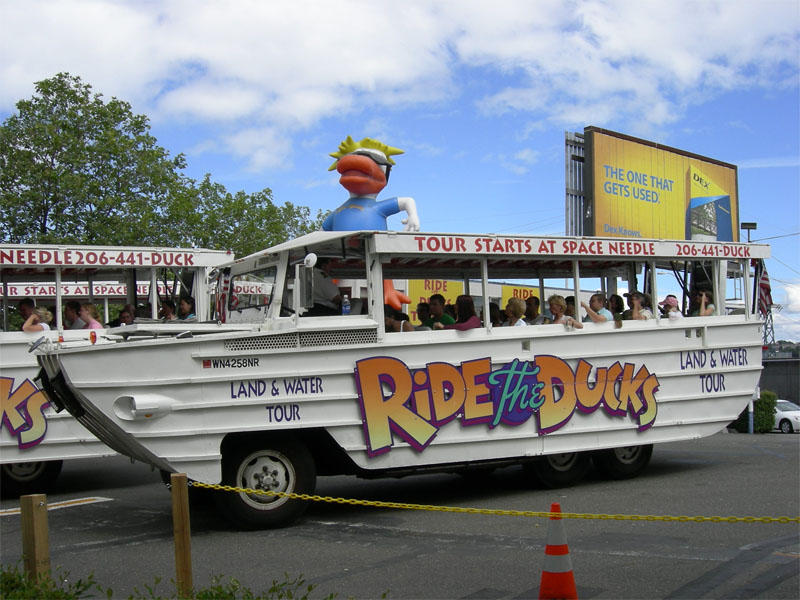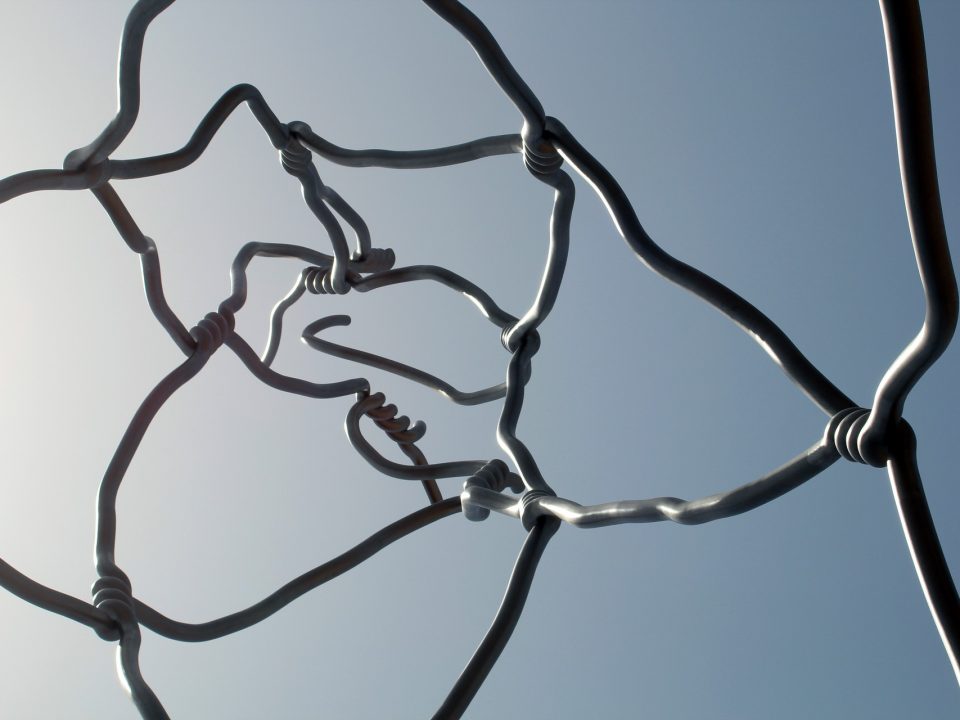Duck Boats Ride No More in Philly

An era came to an end recently when it was announced that Philadelphia’s popular and iconic duck boats would ride no more. Ride the Ducks, which is based in Branson, Missouri, announced on its website Wednesday that it was suspending operations “indefinitely” in the City of Brotherly Love. According to the Ride the Ducks’ statement, the move out of Philly was financially-motivated. “Due to circumstances outside of our control including a 330% increase in our insurance premiums, continued operations in Philadelphia are not financially feasible at this time,” the company stated.
The duck boats were amphibious vehicles used to take tourists around Philadelphia both on land and in water. They have been in operation in the city since 2003 and have become a well-known attraction touted in many a visitor’s guide.

Ride the Ducks, seen here in Seattle, will no longer operate its amphibious tours.
The company’s statement did not address any of several controversial incidents involving the duck boats, all of which have taken place in the city in recent years. Back in May 2015, a duck boat fatally collided with a 68-year-old woman from Texas who was crossing the street. Furthermore, back in July 2010, a tugboat-guided barge hit a duck boat on the Delaware River, causing the death of a pair of Hungarian tourists. The tug pilot, who reports say was chatting on his cellphone while operating the boat, was found guilty and sentenced to a year in prison. Following that incident, the duck boats did not operate for eight months.
According to 6abc, “an attorney whose law firm represented the families of the victims of both duck boat accidents in Philadelphia said the city is a safer place now that Ride that Ducks has suspended operations.”
“Through our extensive experience representing victims of duck boat disasters we’ve determined those vehicles are fatally flawed,” Robert J. Mongeluzzi said in a statement. “They’re death traps on the water due to their hazardous canopy design and on land they are engineered to restrict the peripheral vision of the operator, creating significant blind spots.”



